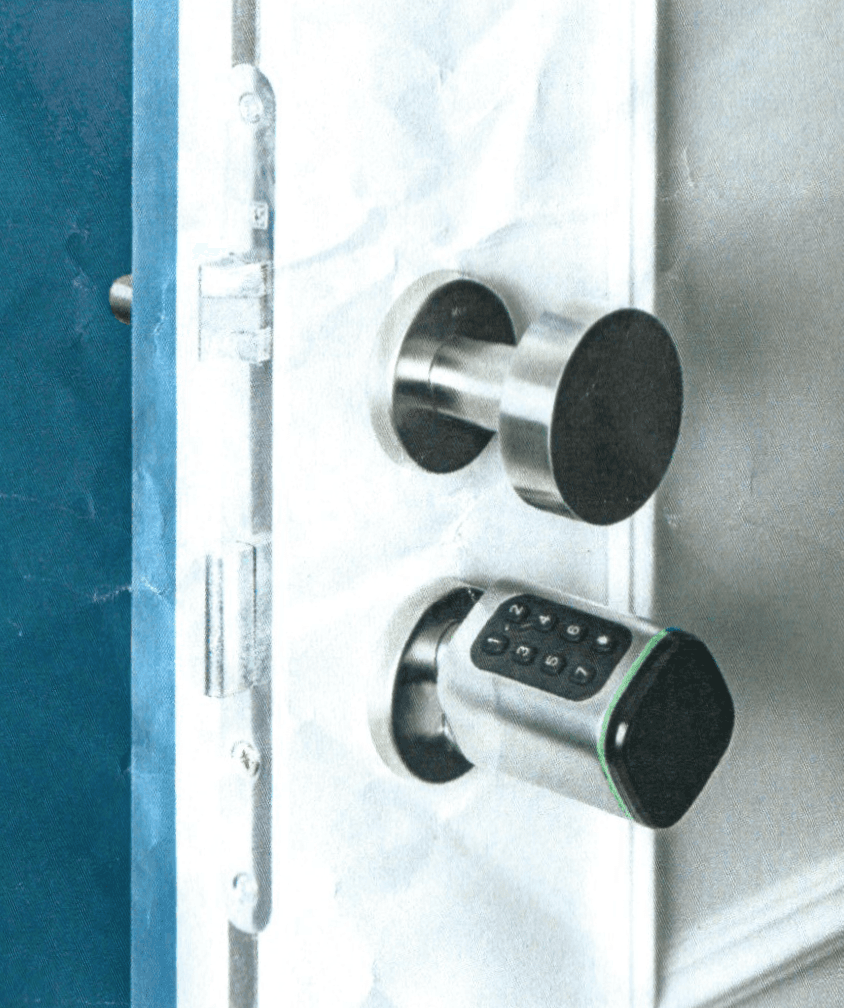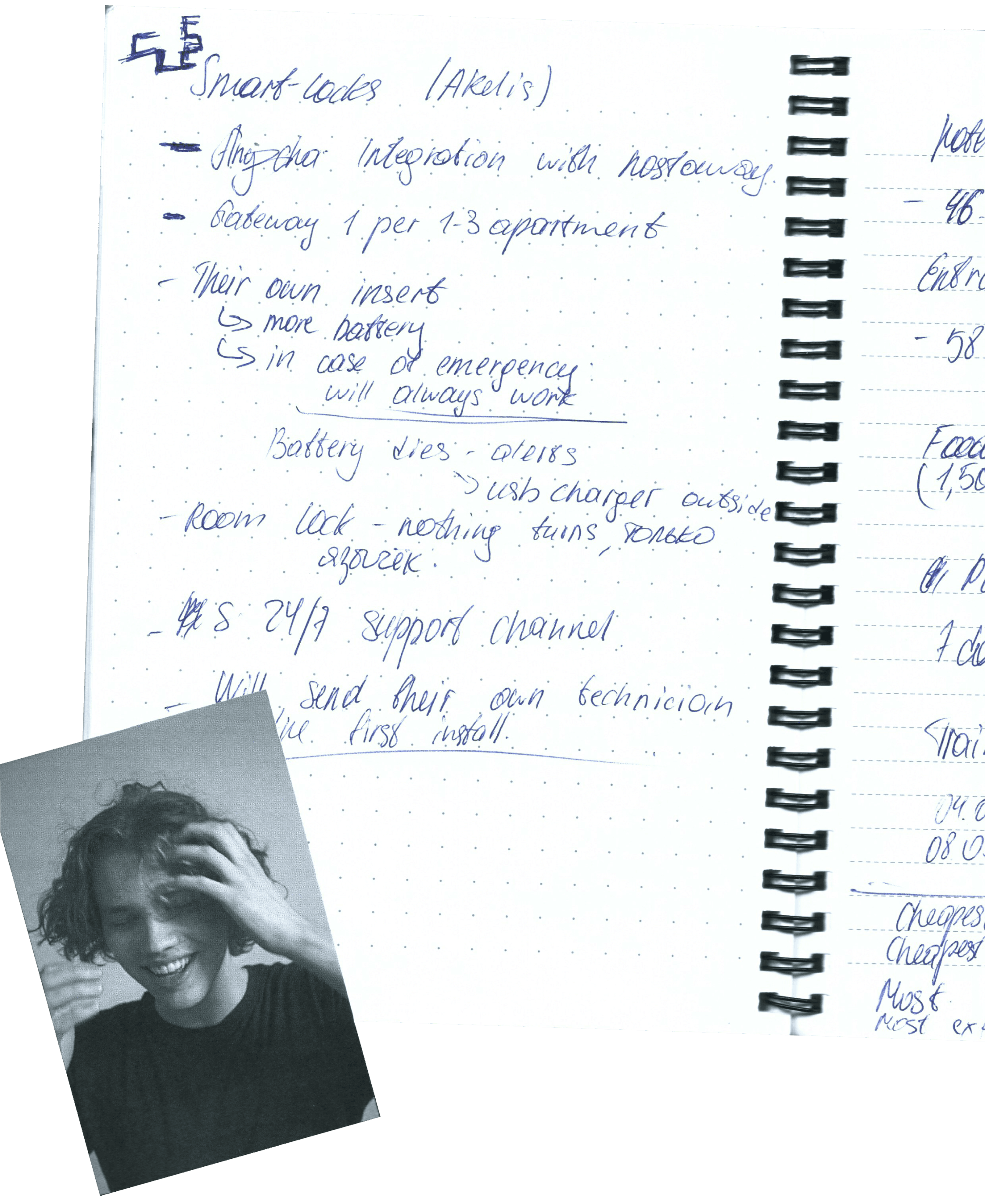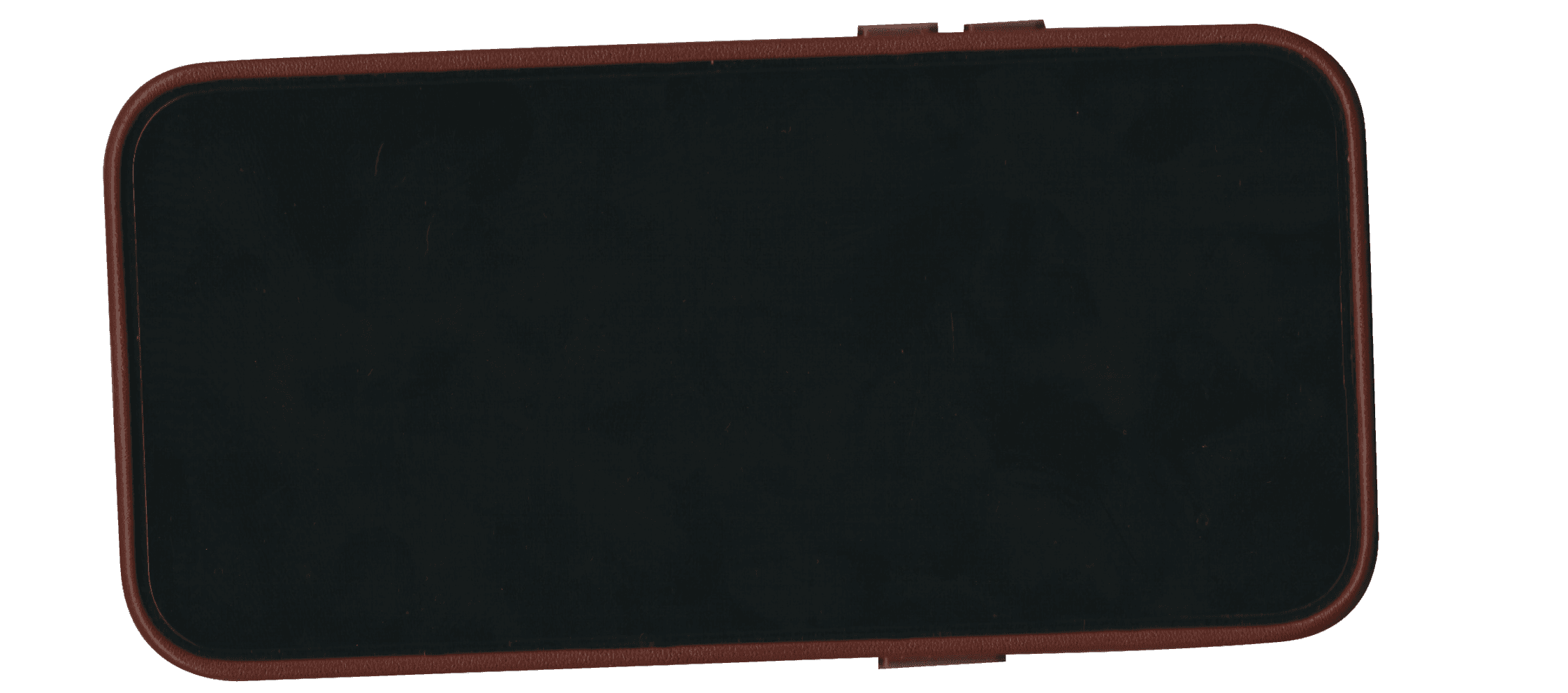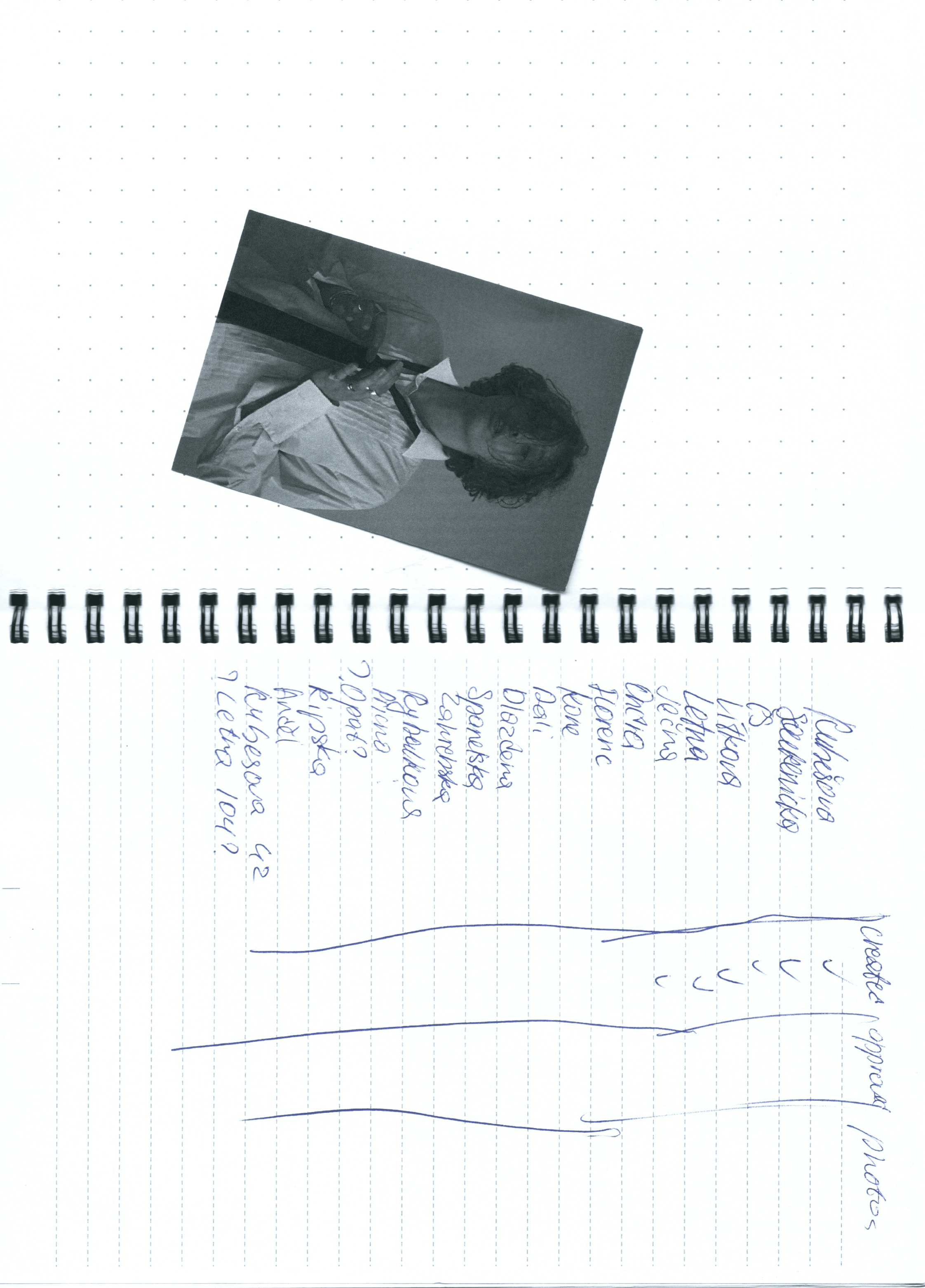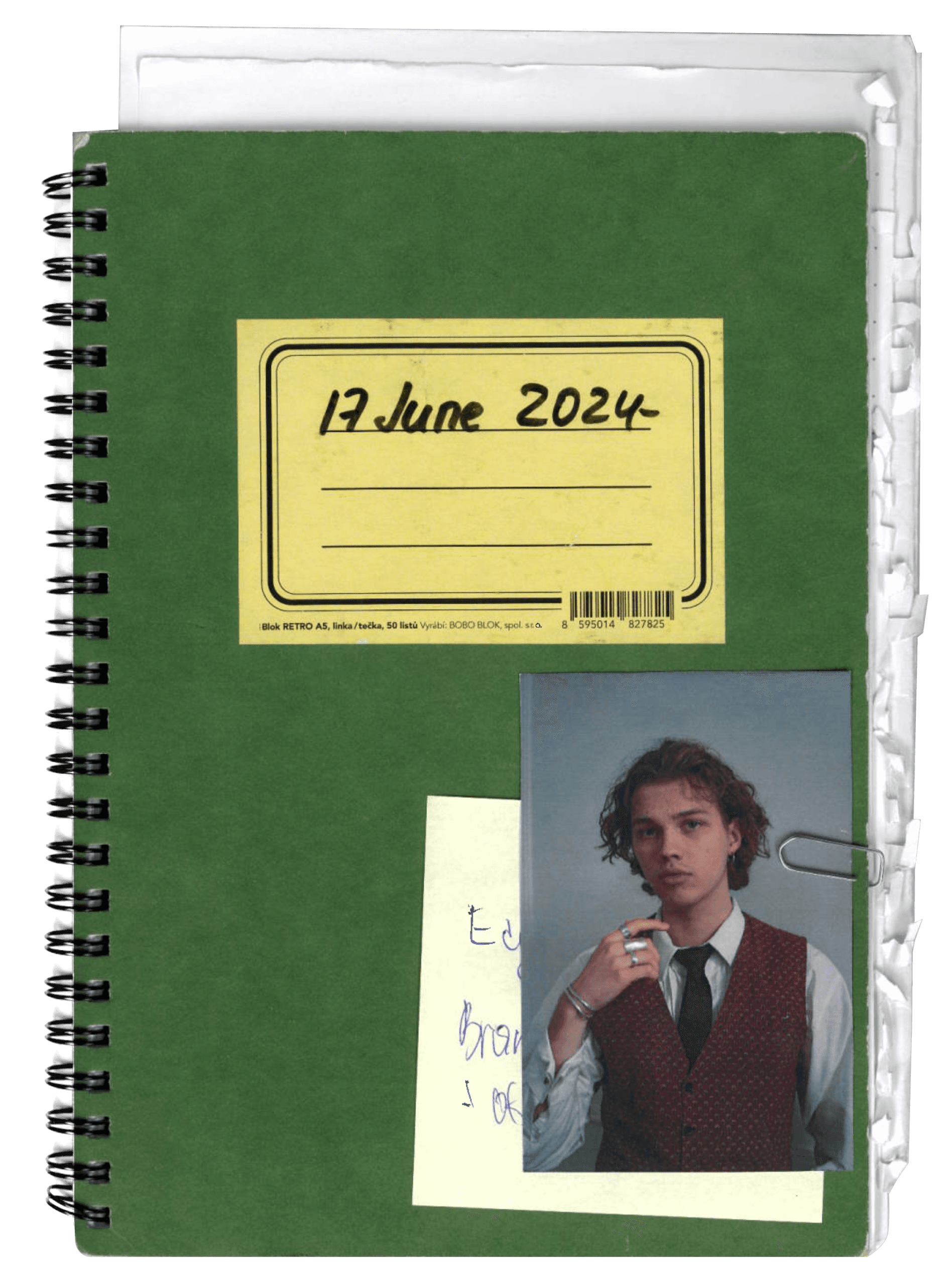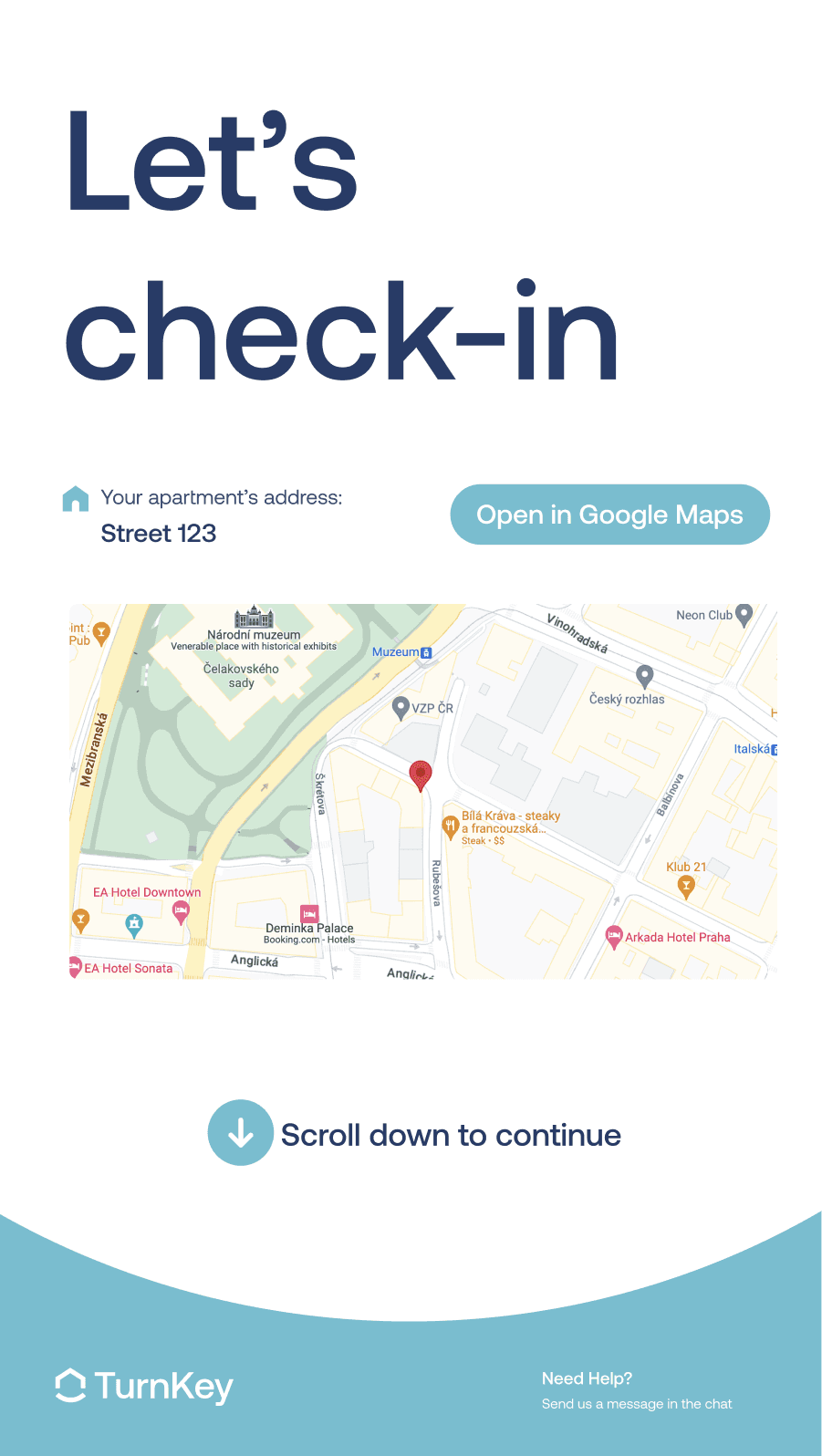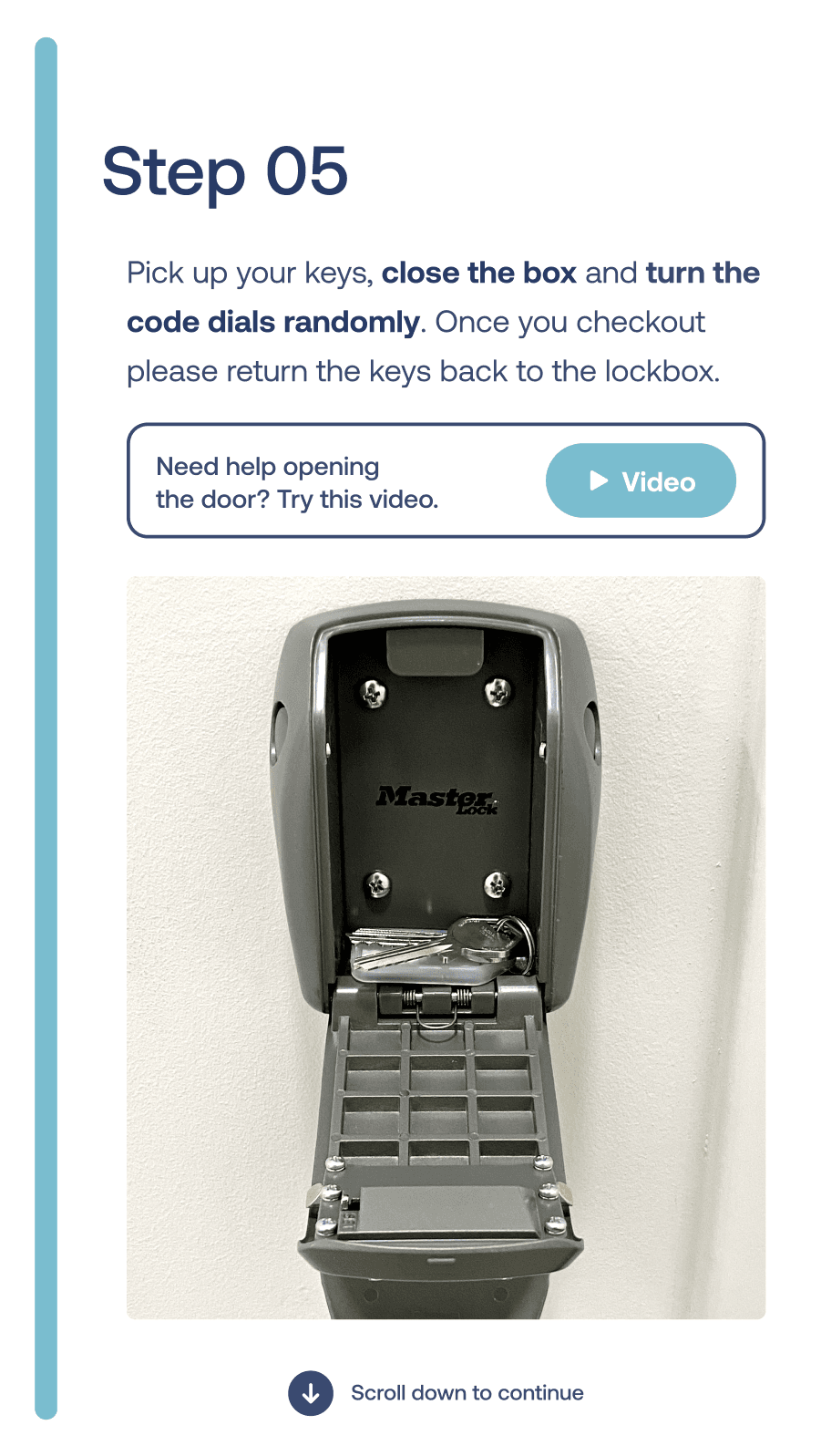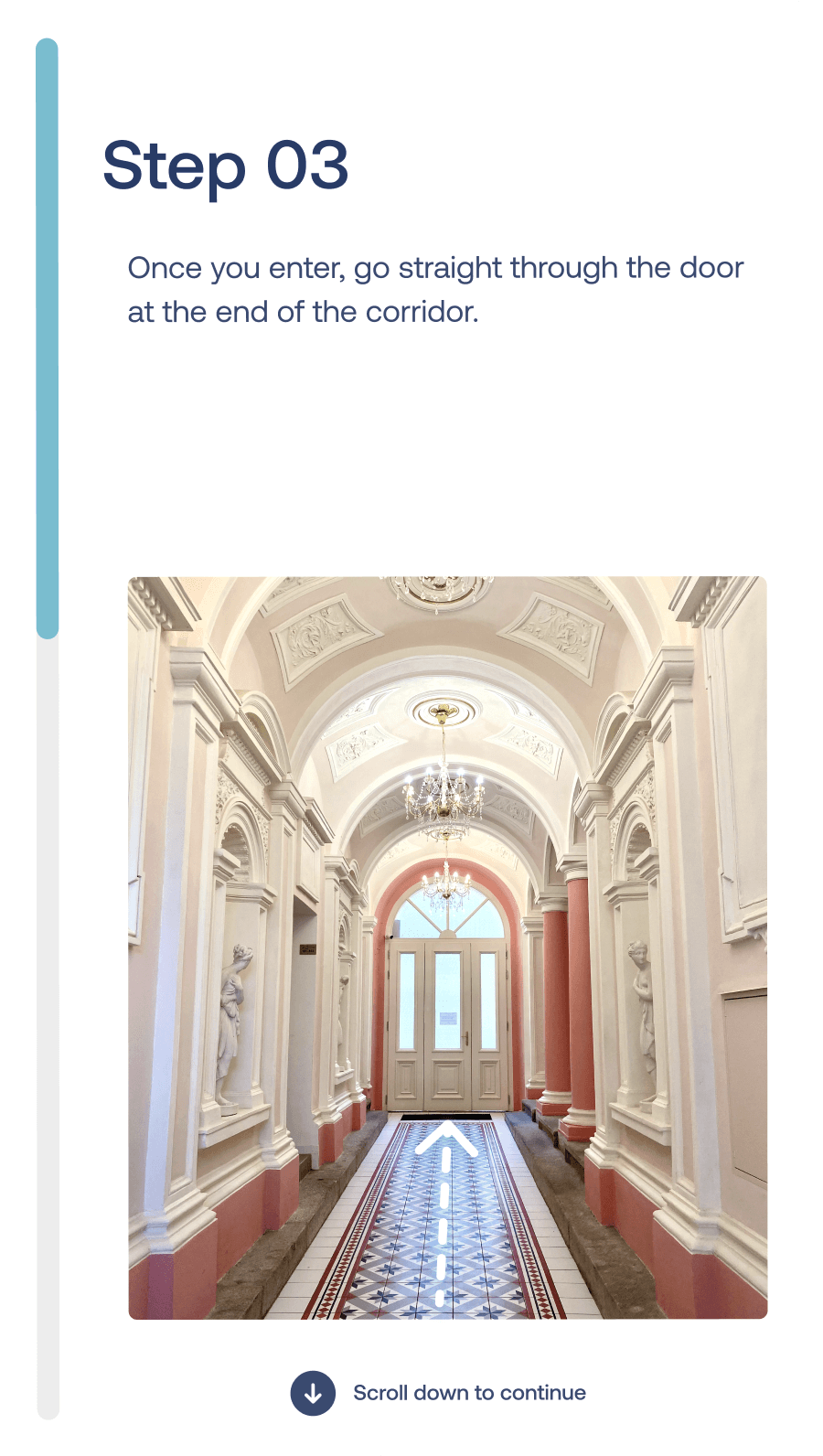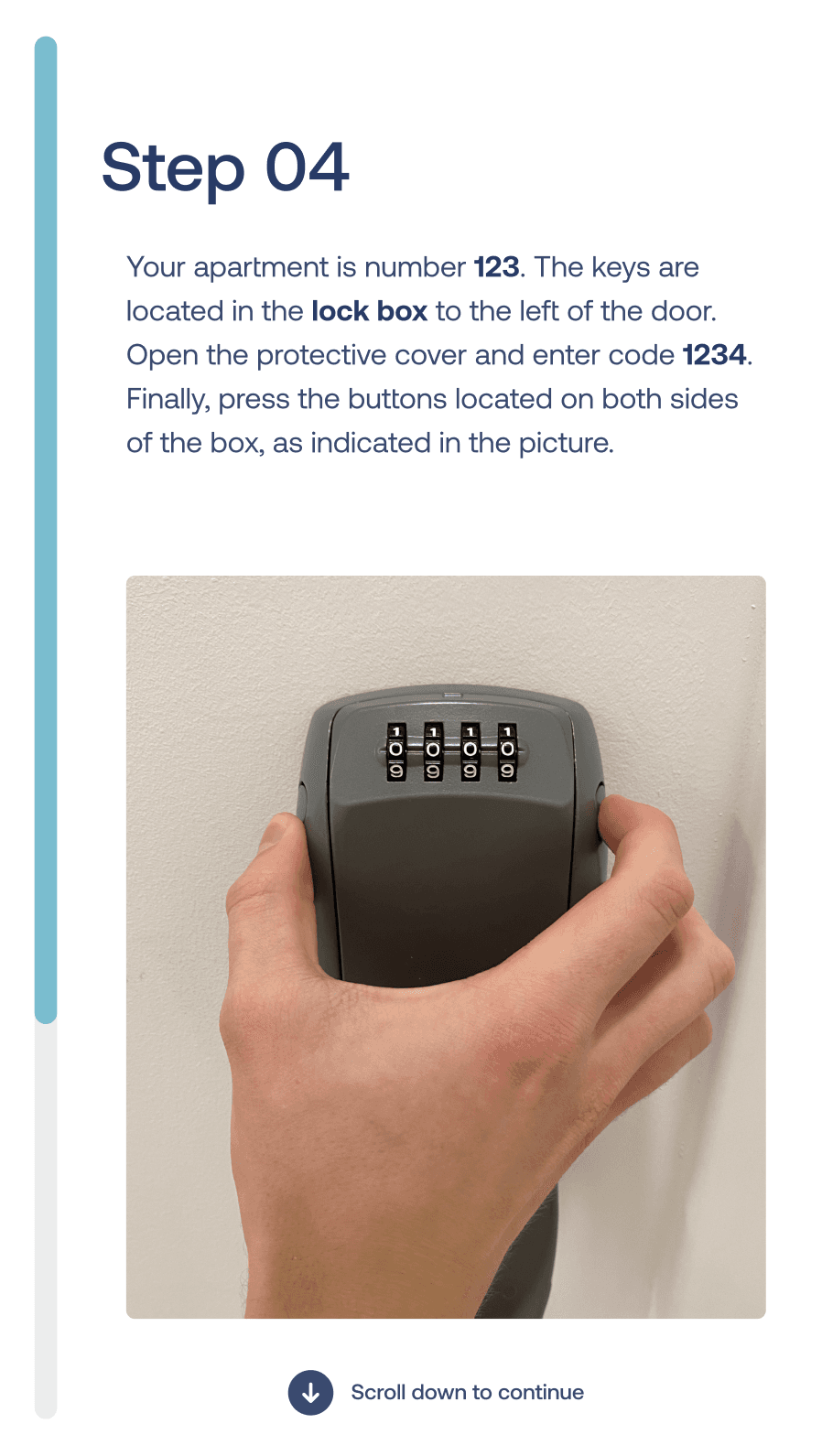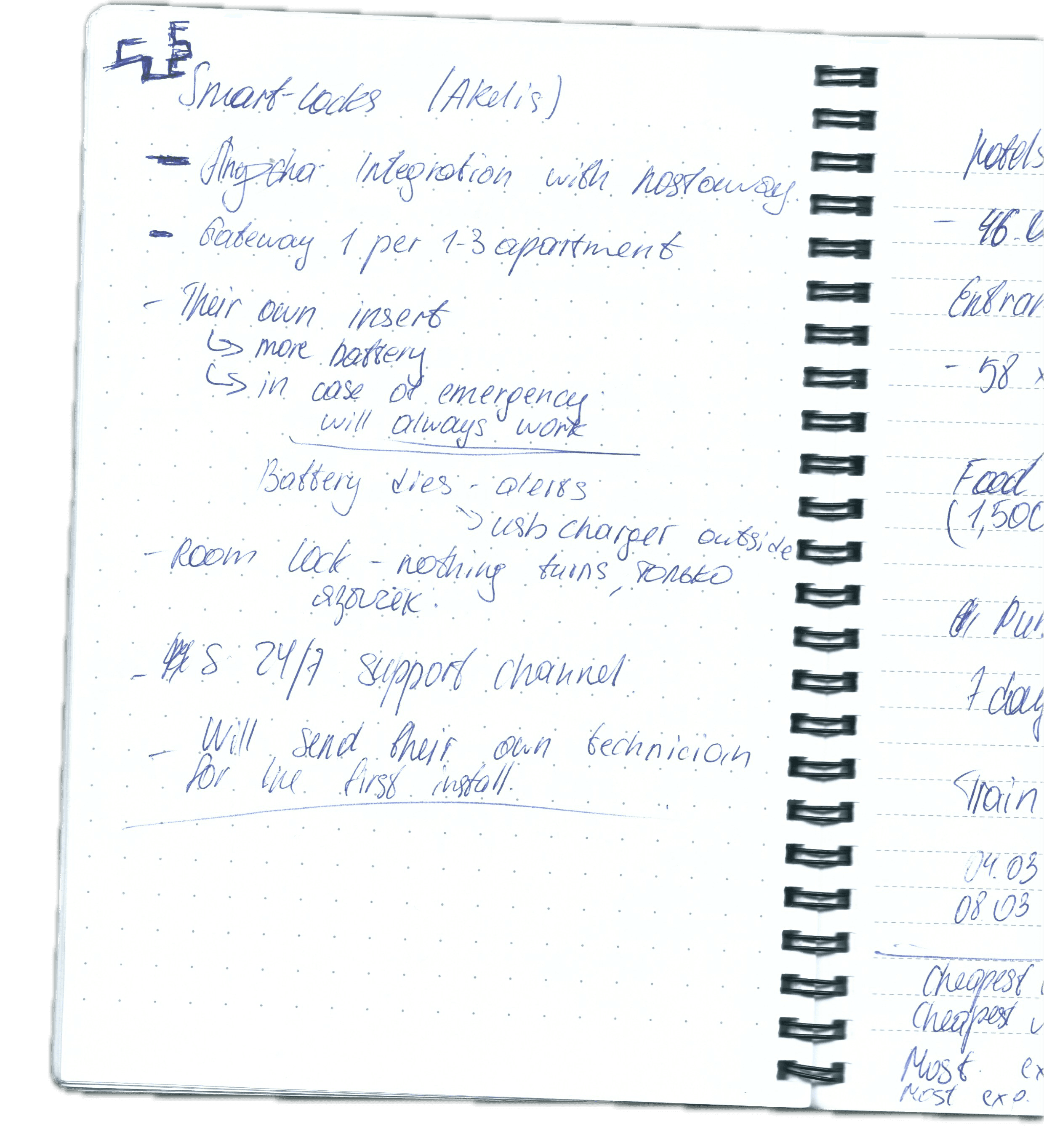
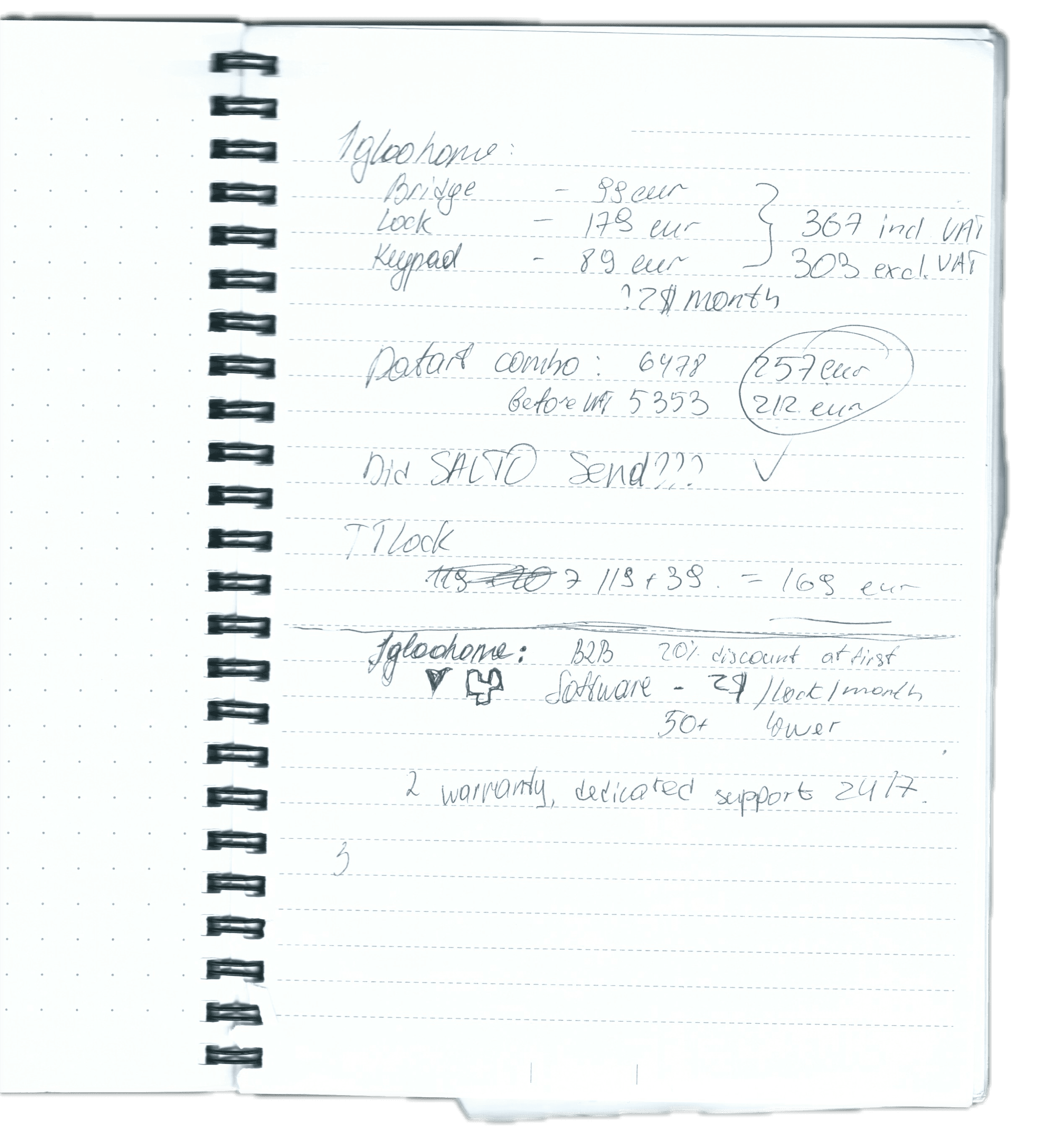

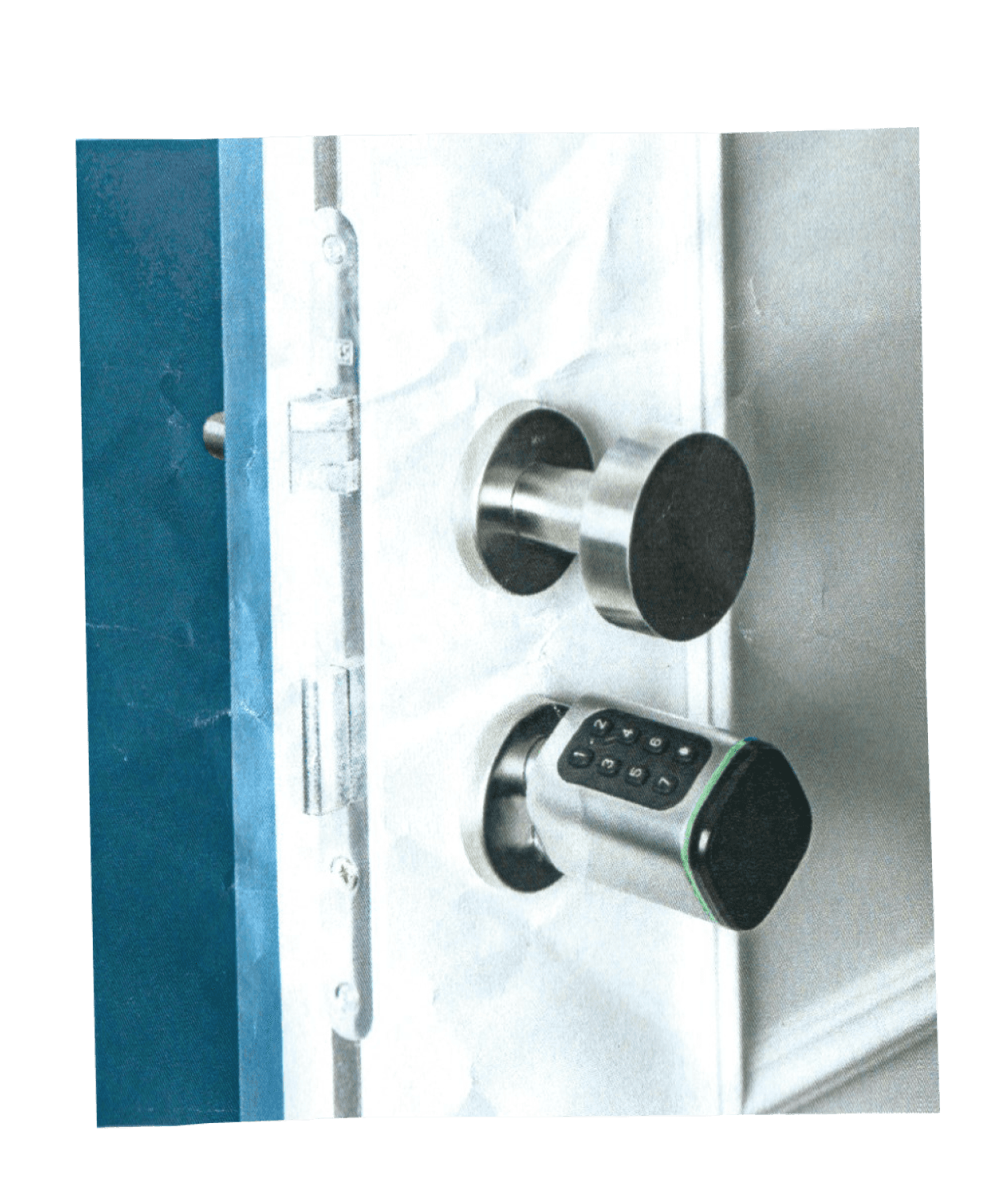

When working with TurnKey, I noticed that self-check-in wasn’t truly autonomous. After a long day of travel, the last thing guests want is to spend 15 minutes finding their apartment. Frustrated, they’d often end up contacting the host, defeating the purpose of self-check-in.
Why did it cause so much trouble
Inconsistent Accessibility Across Platforms
Check-in instructions were only available through the Airbnb app, leaving Booking.com and direct booking guests without clear guidance and often resulting in frequent support calls.
Confusing, Low-Quality Visuals
Dark, poorly oriented photos and unclear graphics gave an impression of disorganization, which did not match the quality guests expected based on what they paid.
Unclear Directions and Copy
The instructions lacked clear, step-by-step guidance, forcing guests to navigate confusing layouts in unfamiliar buildings, often leading to frustration and delays.
Frequent Lockbox Malfunctions
Malfunctioning lockboxes (key storage boxes) that were difficult to open created inconvenience and, in some cases, even led to guests breaking their nails, which detracted from the ease and independence of a “self-check-in” process.
Solution
Centralized, Easy Access to Check-In Instructions
Previously, only Airbnb guests could access check-in instructions, leaving guests from Booking.com and direct bookings without guidance and leading to many support calls. I created a lightweight, 1-2 MB guide accessible through a simple link for all guests, no matter where they booked. This centralized solution reduced support calls and increased guest satisfaction.
Some hosts rely on video instructions to improve guest experience. It works well, but takes about 15 minutes to make just one video. My solution enabled us to create 20 sets of instructions in under 10 minutes—faster, more efficient, and easier on guests’ data usage.
Enhanced Visual Experience
The original check-in visuals were dark, poorly oriented, and had unclear graphics, leaving guests with a poor first impression. I collaborated with Expirio to create bright, clear visuals that aligned with our brand guidelines. To ensure consistent quality, I set standards for all images, resulting in well-lit photos with the right perspective. The result was a polished, easy-to-follow check-in experience that reflects the quality of our apartments.
Some of the steps of the new check-in manual
Simplified, Step-by-Step Instructions
The original instructions were unclear, poorly organized, and confusing. I redesigned them into a simple, step-by-step format with visuals that are easy to understand, even for non-English speakers. Now, guests can access the apartment even if they don't speak the language.
I also added a short video at the end to help guests solve minor door issues themselves, further reducing support calls.
Some of the steps of the new check-in manual
Reliable Lockbox System
The previous lockboxes (boxes where the keys are stored) were prone to jamming and were hard to open, which frustrated the gusts. While smart locks were not within budget, I sourced a reliable lockbox model with better durability and security. Although initially 20% more expensive, I secured it for 10% less than the old model. This upgrade worked so well that competitors soon began adopting the same model.
Smart Lock Solution
After the success of the initial improvements, TurnKey was ready to invest in smart locks. The most popular smart lock model for Airbnb properties, Nuki, came with significant downsides: high price, 2-month- battery life, monthly fees, and required door modifications to work well with most of our apartments.
I sourced, tested, negotiated the price, and imported a perfect alternative directly from the manufacturer, that solved all of our problems:
• No monthly fees
• 80% lower cost than Nuki
• No door modifications needed
• Battery lasting a full year
results
5x Faster Check-Ins: Guests could now access their apartment quickly and independently, making self-check-in finally autonomous.
Positive Brand Perception from the Start: Clear visuals and easy instructions made guests feel the service matched what they expected, creating a great first impression.
Operational Efficiency: With fewer support calls, staff could focus on more important issues, leading to a better overall guest experience.

